
Nutrition and Recovery for Eventing (and Other Hard-Working) Horses
Restoring muscle glycogen, rehydrating, and ensuring a horse’s diet offers enough vitamin E all help with recovery after strenuous exercise.

Restoring muscle glycogen, rehydrating, and ensuring a horse’s diet offers enough vitamin E all help with recovery after strenuous exercise.

Grass sugar content fluctuates with the time of day, season, and weather. Timing turnout for horses with EMS, IR, or a history of laminitis can help prevent problems.
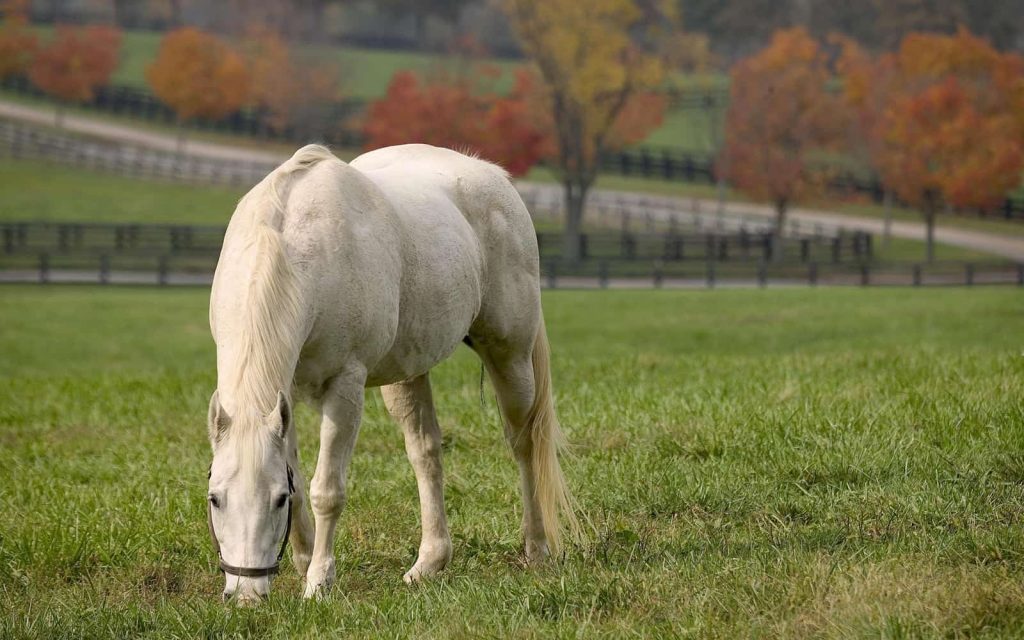
Does your old horse need additional vitamin supplementation in his later years? An equine nutritionist shares how to ensure your senior horse gets the nutrition he needs.
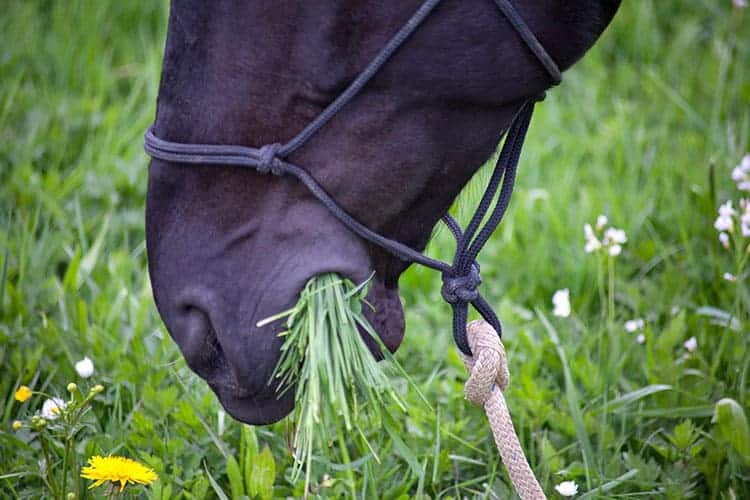
Abruptly putting a horse on pasture can lead to colic or laminitis. Here’s advice to help avoid health problems.
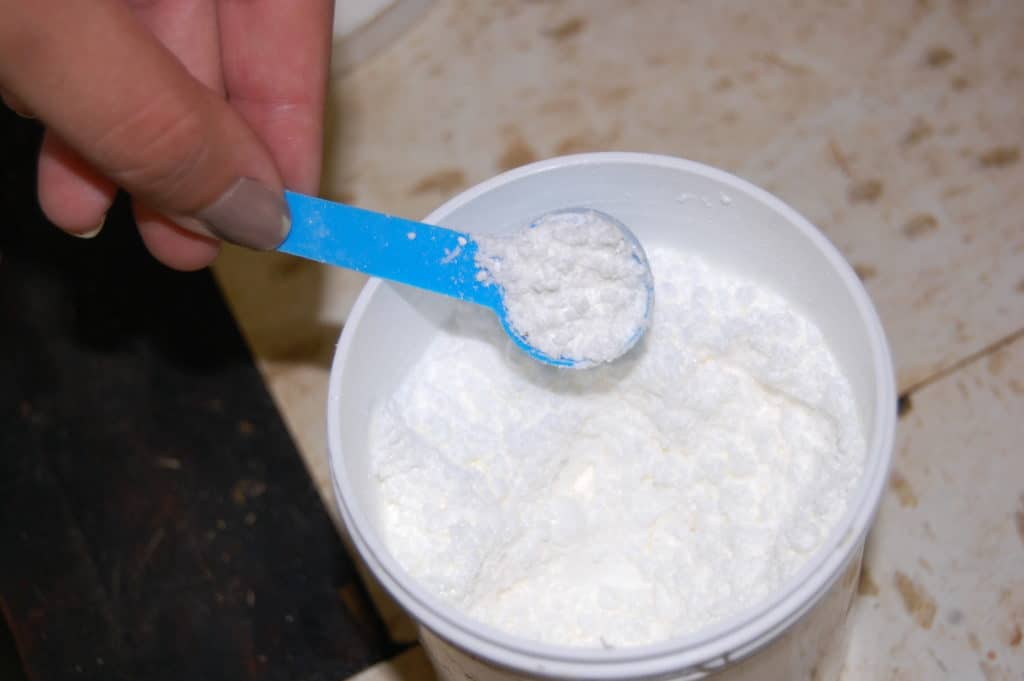
Horses with cellulitis need medical intervention from a veterinarian, but these efforts can be supported through a balanced diet. Here’s why.
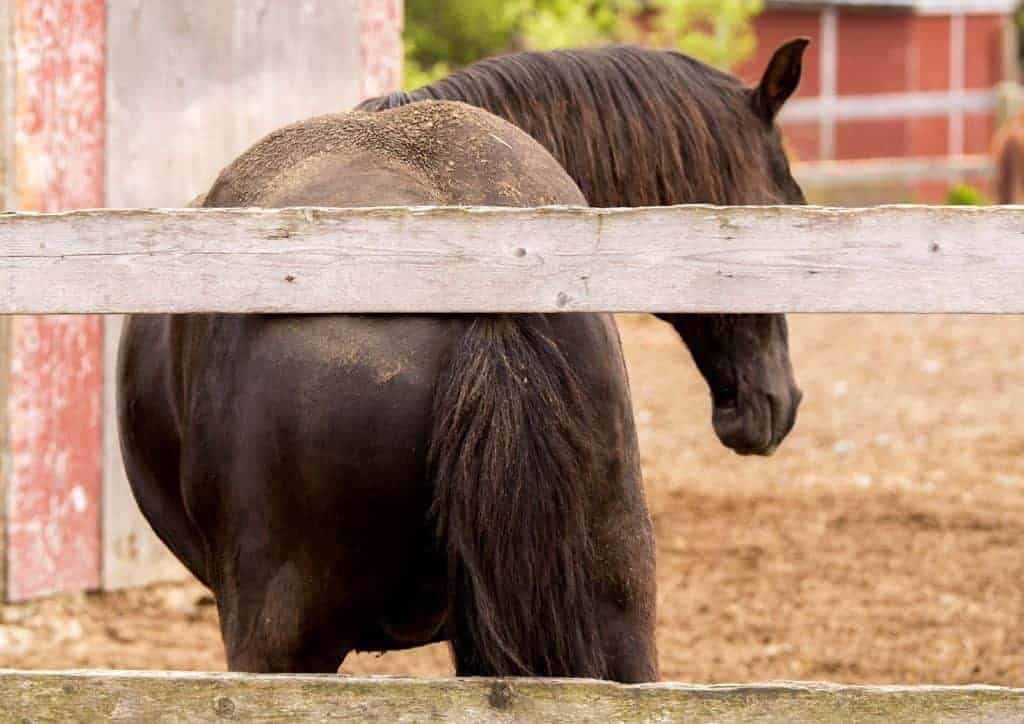
Do you have a horse with flaky skin and a dry mane and tail? The right feed might help.
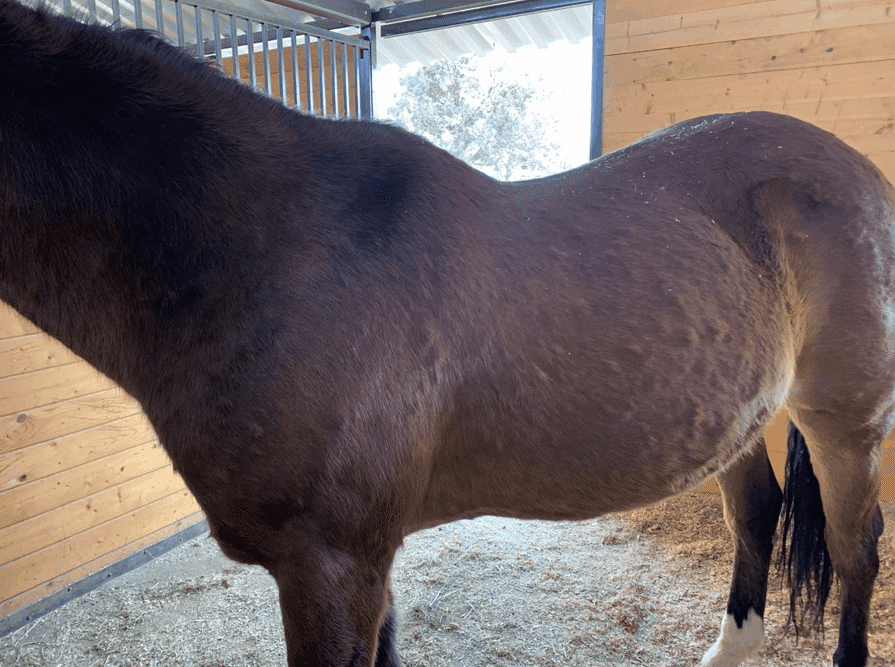
Explore the methods used to diagnose food-related issues in horses and effectively manage their clinical signs.
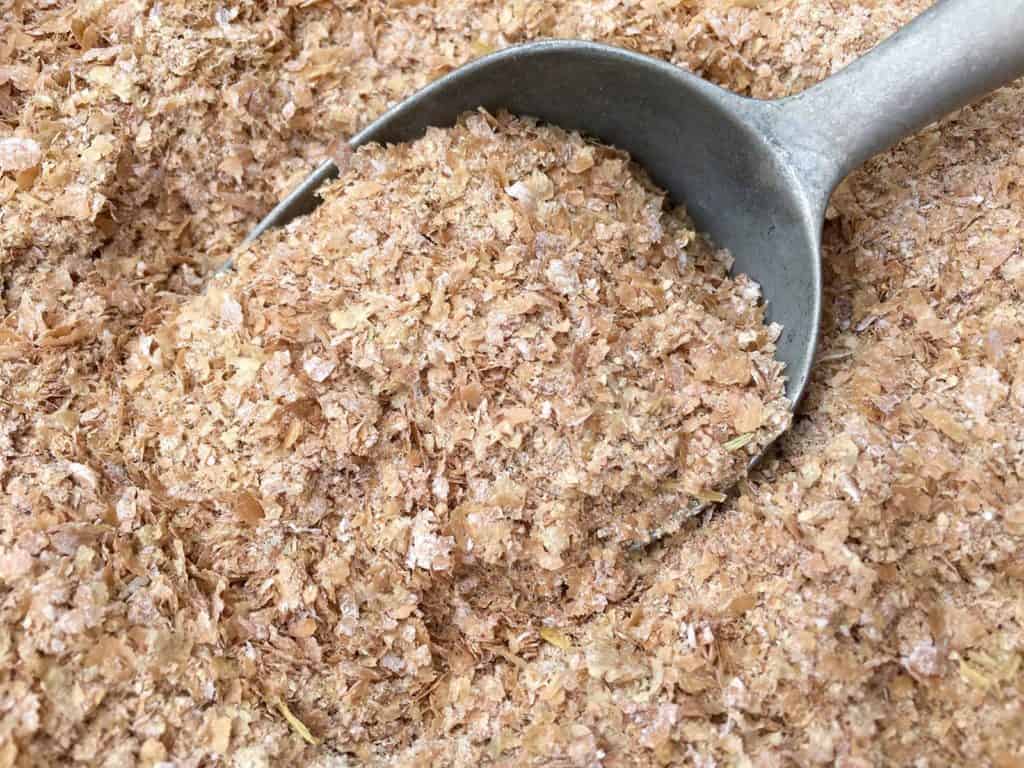
While steeped in tradition, feeding bran mashes can cause GI distress in horses. Learn why, and discover alternatives.
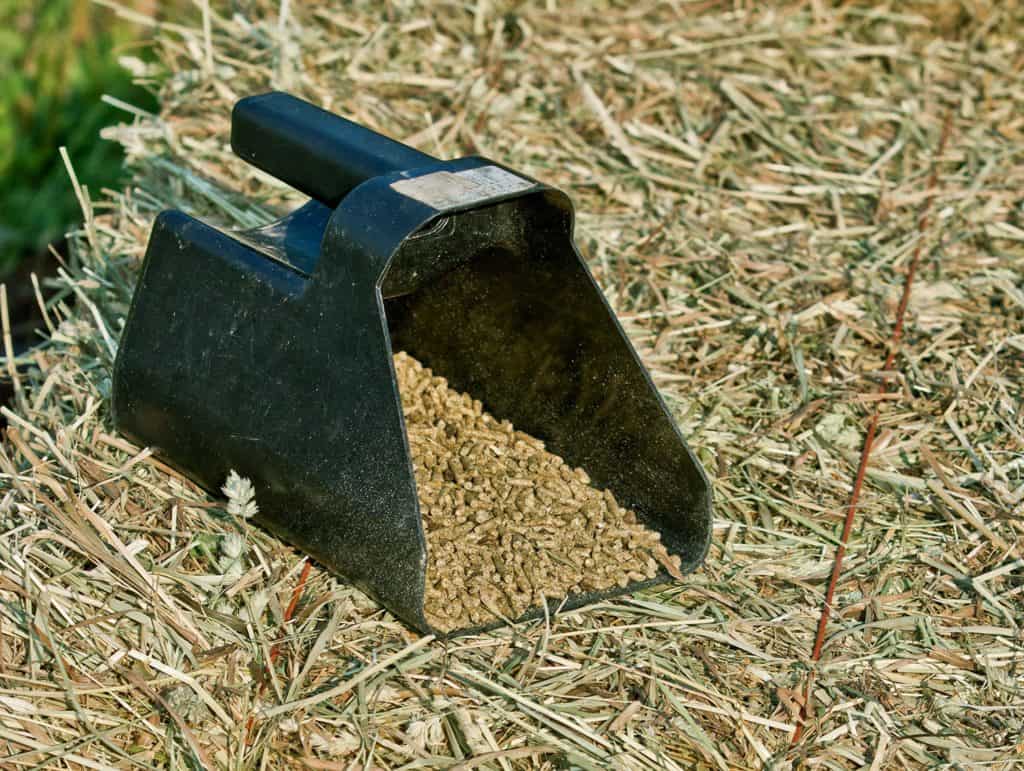
Researchers have shown feeding horses alfalfa prior to riding can help buffer stomach acid and offers relief for ulcer-prone horses. But is hay or a pellet better?

Find out how much protein your horse’s diet provides and whether it comes from high-quality sources.
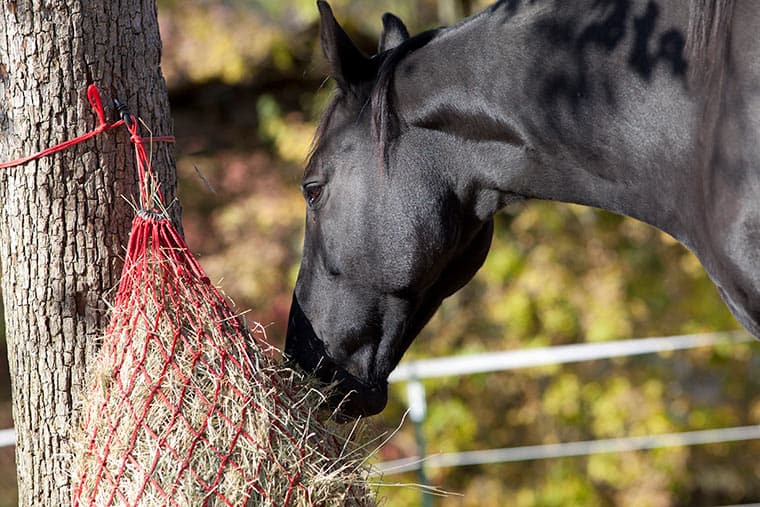
Sourcing lower-energy hay and implementing slow-feeding strategies can help reduce your horse’s risk of becoming obese and developing metabolic problems.
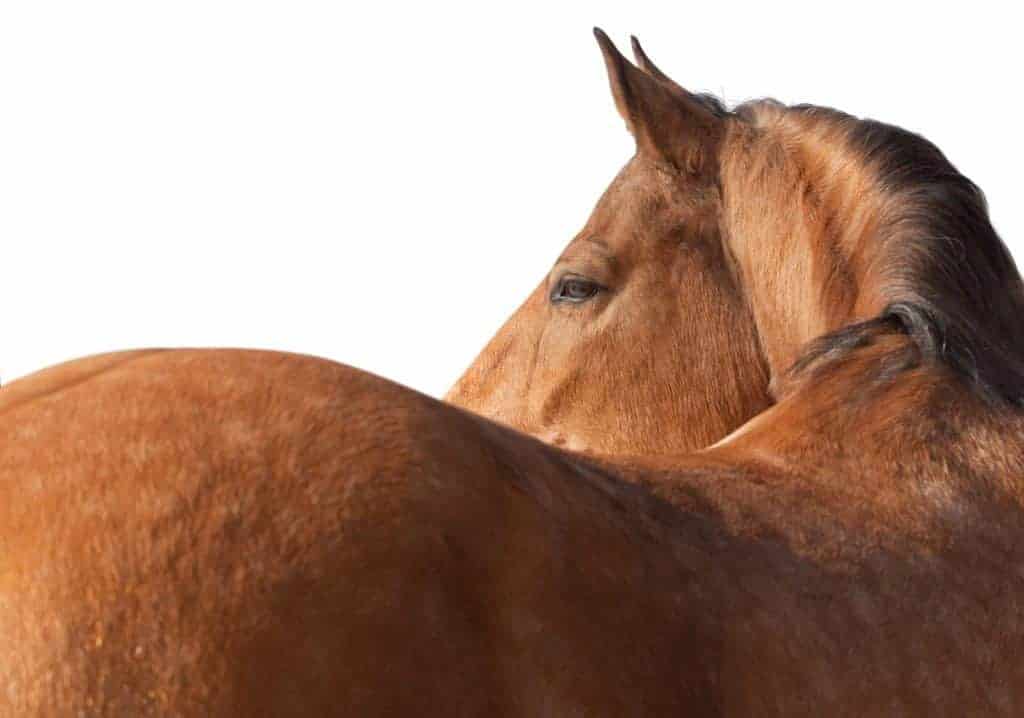
An equine nutrition expert addresses toplines, horse protein needs, and if whey is the way to go.
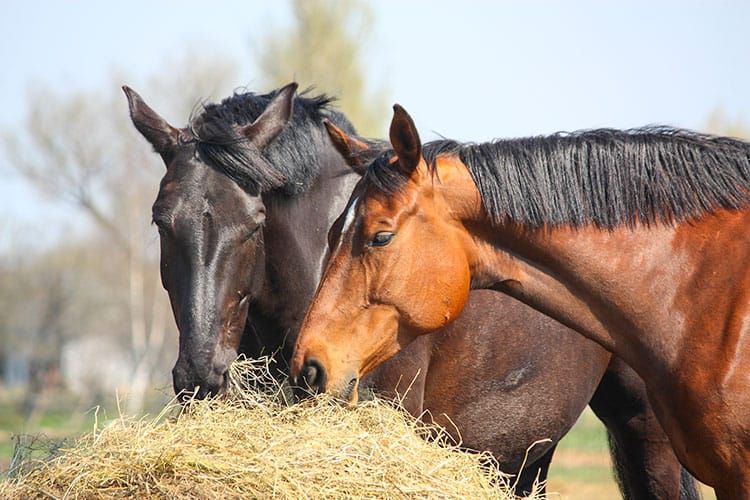
Although researchers have shown horses prefer untreated hay, it is safe for horses to eat hay treated with preservatives. An equine nutritionist explains why.
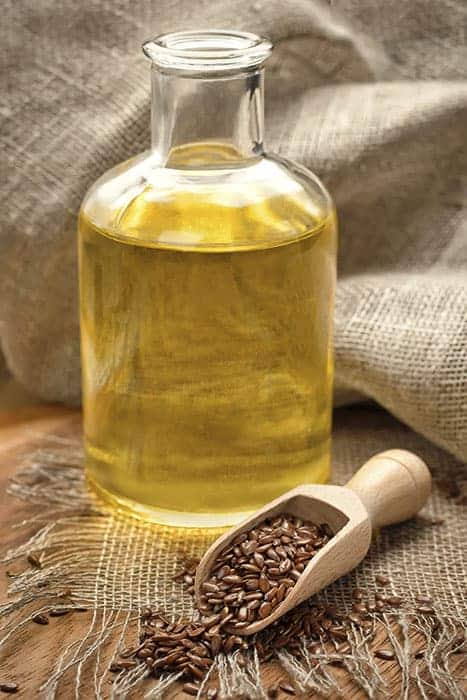
Adding oil to your horse’s diet can improve coat quality and weight gain. An equine nutritionist describes factors to consider before choosing an oil to feed your horse.
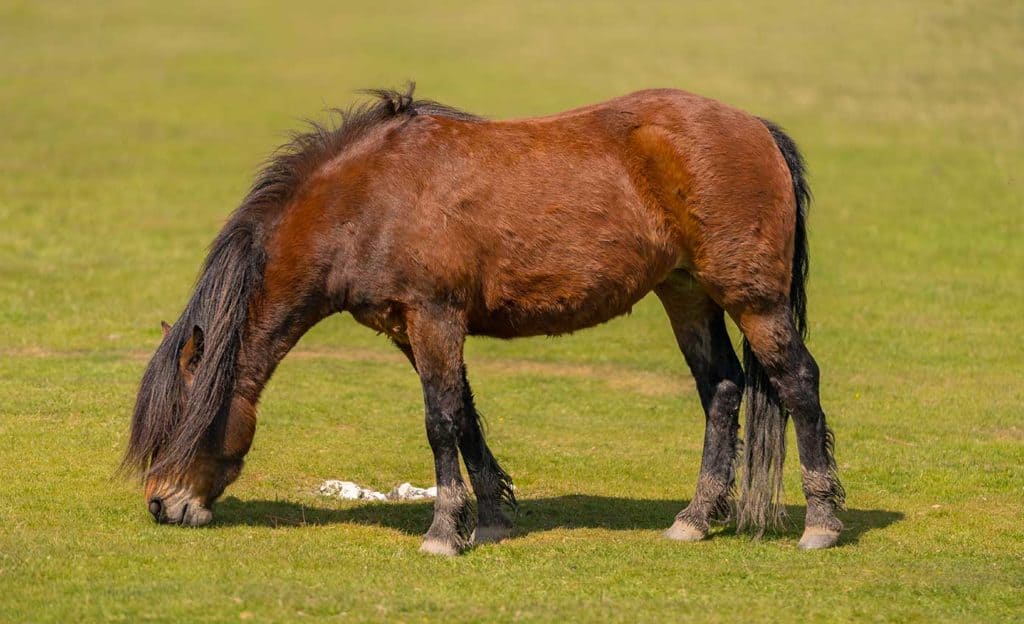
Find out how your horse’s diet could support shedding and his incoming summer coat.
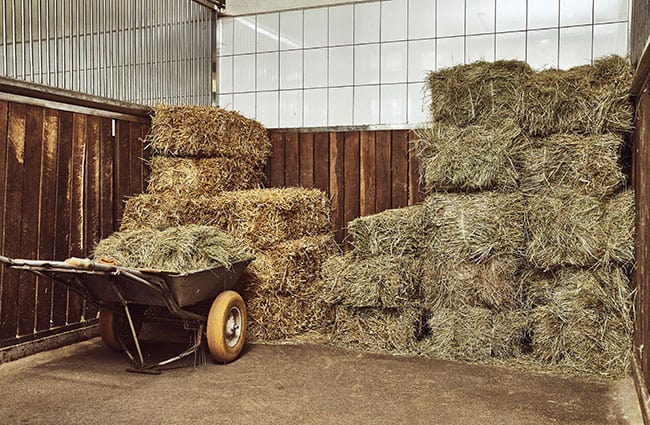
An equine nutritionist explains the best way to switch your horse to a new hay and what to do if you have limited hay storage.
Stay on top of the most recent Horse Health news with
"*" indicates required fields